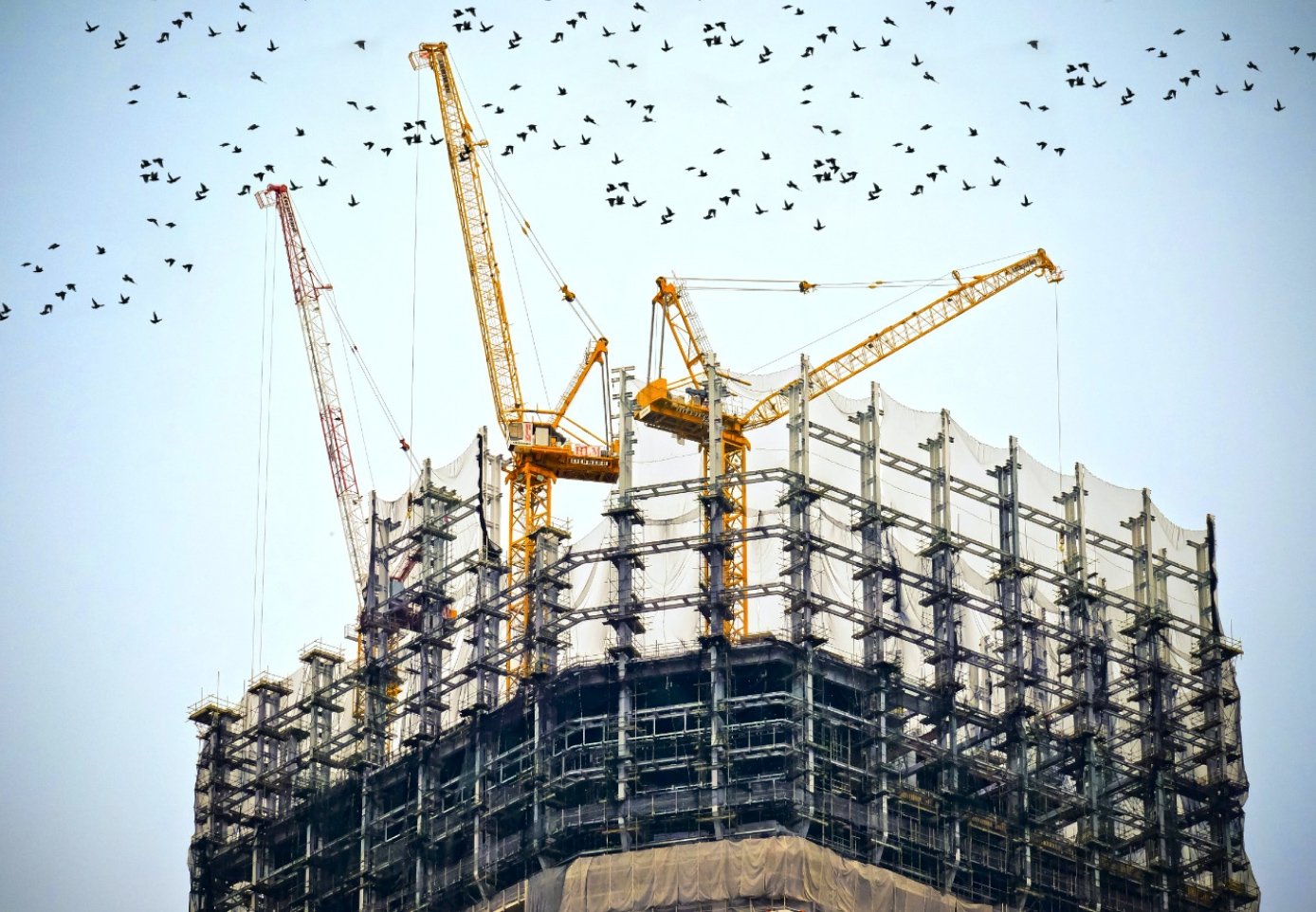1. Regulation of the Purge of Customary Rights in Côte d'Ivoire
Decree no. 2013-224 of 22 March 2013, supplemented by decree no. 2014-25 of 22 January 2014, recognises the customary right linked to the use of land by populations, while granting the State the power to proceed with compensation and indemnification of village communities that are economically dependent on it.
A crucial element of this decree is the purge scale, which specifies the amounts to be paid per square metre depending on the geographical area of the plots to be mobilised. For example, it sets the rates at 2,000 CFA francs for the autonomous district of Abidjan, 1,500 CFA francs for the autonomous district of Yamoussoukro, and so on. In addition, crop-related compensation is taken into account in accordance with the assessment drawn up by the Ministry of Agriculture.
An essential aspect is that only the State and private individuals who have entered into a purging agreement with the State may purge customary rights. This restriction is intended to prevent abuses and ensure that the process is managed transparently.
2. Effectiveness of the Bleed Settlement Method
However, the effectiveness of cash-only payments to compensate for the loss of land use is questionable. Despite the large sums paid, holders of customary rights do not always see a significant improvement in their living conditions over time.
In addition, payments made through third parties have often been a source of conflict within village communities, as the money is not always redistributed to the true beneficiaries. These conflicts have sometimes led to work on the land in question being blocked.
3. The role of the Land Research Department for Major State Projects
The Service de la Recherche du Foncier pour les Grands Projets de l'État (SREFGPE), which is attached to the Cabinet in accordance with the ministerial organisation decree, plays a crucial role in this process. It negotiates with holders of customary rights with a view to establishing land reserves for the State, and orders purge payments once a memorandum of understanding has been signed between the village communities and the State.

4. New guidelines to facilitate transactions
In order to improve relations between the Ministry of Construction and village communities holding customary rights, measures have been taken to modernise and make more efficient the process of purging customary rights.
- Targeting Beneficiaries : Negotiations for purge agreements involve not only the holders of customary rights, but also the administrative authorities, customary institutions, the village chief and the chairman of the land management committee. This approach is designed to avoid misidentification and ensure the security of transactions.
- Strengthening Payment Security : Payments are now made by the French Treasury to the individual accounts of beneficiaries, identified in advance by their bank details. This measure ensures the security of transactions and guarantees that each beneficiary receives the amount due to them.
- Payment in kind : In addition to cash payments, holders of customary rights can now receive real estate or developed land as compensation, thus converting agricultural rents into real estate rents.
These new guidelines aim to establish transparent management and improve the lives of customary rights holders, while facilitating balanced and sustainable urban development in Côte d'Ivoire.
Conclusion
The creation of land reserves and the purging of customary rights are essential processes for urban development in Côte d'Ivoire. Although there is still some debate about their effectiveness, the new guidelines put in place aim to improve the transparent management of this process and guarantee a better quality of life for holders of customary rights. By modernising transactions and offering payment-in-kind options, these measures contribute to balanced and sustainable urban development. It is essential that investors, employees and land developers understand the importance of these processes if they are to commit to urban development projects in Côte d'Ivoire.




